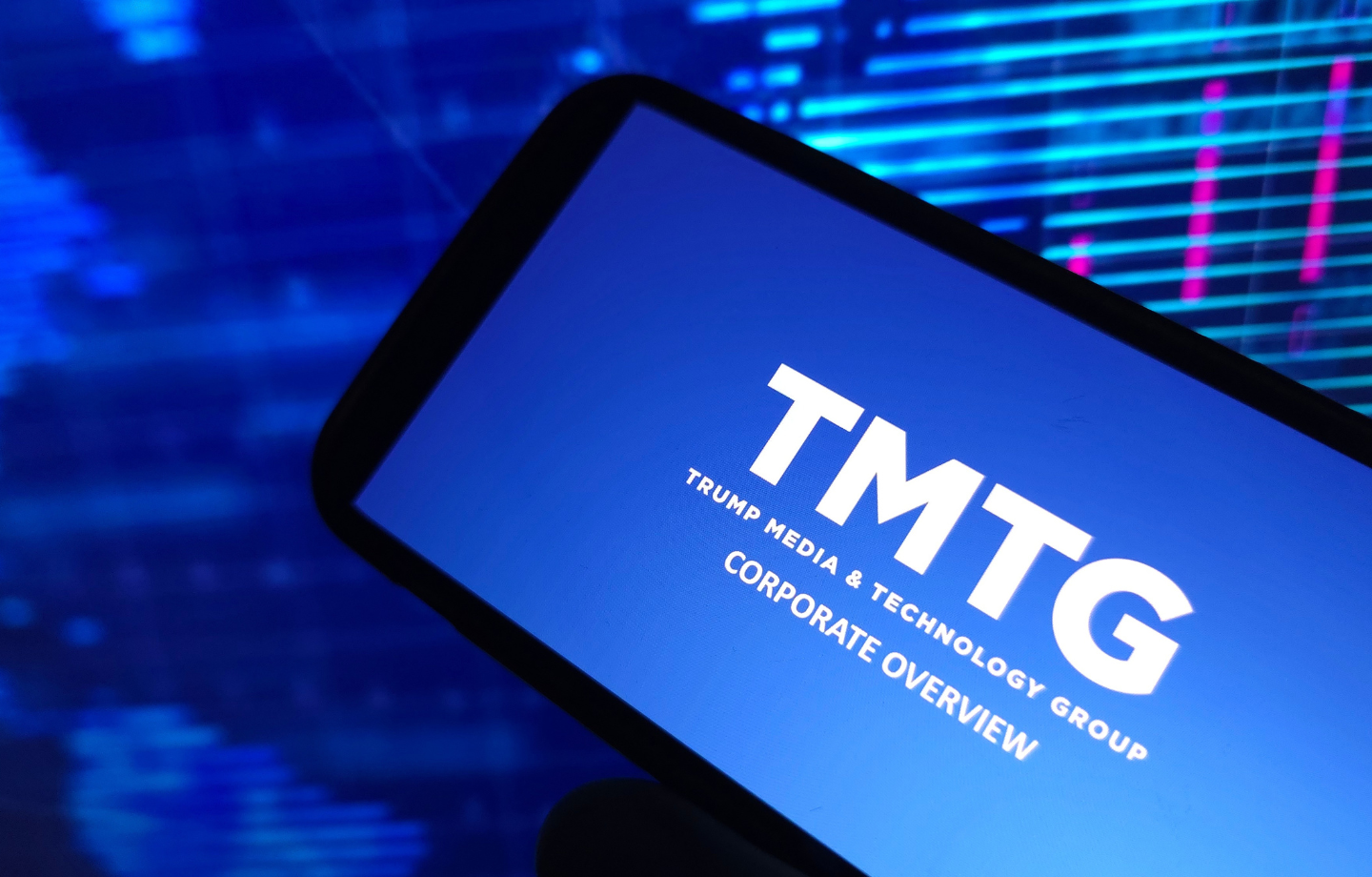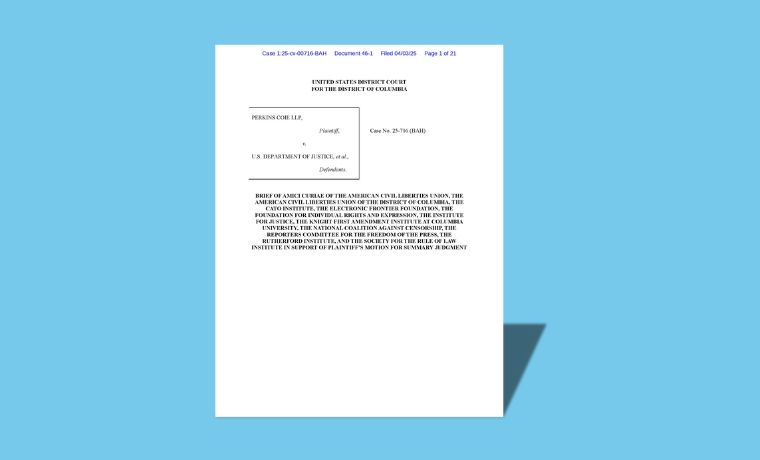It’s Past Time for Corporate and Political Leaders to Hold Elon Musk Accountable

February 5, 2025
Last month, Elon Musk registered his enthusiastic support for Alternative for Germany, a far-right political party notorious for its use of Nazi-era slogans and imagery and labeled a “suspected extremist” organization by the country’s domestic intelligence service. In the run-up to Germany’s national elections next month, Musk, one of President Donald Trump’s top advisers and campaign contributors, sent a video to an AfD rally, assuring party members that they have the Trump administration’s support.
Musk has expressed his support for the AfD in the past, but in late January he went much further. In a video message, he urged Germans not to give “too much of a focus on past guilt.” For decades, the German government has undertaken a comprehensive public campaign stressing the importance of remembering and rejecting Germany’s Nazi past. Generations of Germans have learned about the horrors of the Holocaust in school, and the German government has attempted to stifle contemporary forms of extremism and anti-Semitism. These lessons have been deeply integrated into contemporary German culture.
Musk seems oblivious to or even disdainful of all of this. In his video, he stressed that “it’s good to be proud of German culture, German values and not to lose that in some sort of multiculturalism that dilutes everything.” His outrageous comments were all the more disturbing because he made them at virtually the same time as this week’s ceremonies marking the 80th anniversary of the liberation of the Auschwitz death camp.
The response in Germany has been swift. German Chancellor Olaf Scholz condemned Musk’s comments as “disgusting.” He added that Musk’s intervention for right-wing politicians is “not good for the democratic development in all the European Union.”
Musk’s flirtation with extremist political movements extends beyond Germany. Last summer, when the Labour Party in the United Kingdom won a decisive victory at the polls, Musk accused the British electorate of going “full Stalin.” After the election, he called the UK a “police state” run by a “tyrannical government.”
Much of his commentary about British politics aligns him with bigoted anti-Muslin forces there. He has urged the release from prison of Tommy Robinson, the founder of the virulently Islamophobic English Defense League. Musk also welcomed Robinson back onto his X social media platform.
In normal times, Musk’s outrageous actions would be condemned by political, religious and cultural leaders across the political spectrum. He certainly would be disqualified from government service. But these are not normal times. And Musk, the world’s richest man, now has become President Trump’s right-hand man. As the leader of Trump’s so-called Department of Government Efficiency (DOGE), he has an office adjacent to the White House and is leading the administration’s effort to hollow out the federal government.
Several days ago, when an email went out from the White House Office of Personnel Management encouraging more than two million federal workers to resign in exchange for a dubious offer of eight months’ pay, it had Musk’s fingerprints all over it. The subject line on the memo was “a Fork in the Road,” precisely the same subject line Musk used when he purged 80% of the workforce at X, radically diminishing the social media company’s ability to reduce harmful content on its site.
Musk’s increasing power is most accurately understood as a symptom of the rise of authoritarianism in the United States, which is being fueled by a number of influential figures: Republican Party enablers eager to avoid Trump’s vengeance, corporate executives scrambling to curry favor and win government contracts, and even by civil society leaders fearful of losing federal grant money. All are seeking to appease the new administration, engaged in what Yale historian of fascism Timothy Snyder calls “obeying in advance.” Their unwillingness to stand up to the president and Musk encourages them to go further and further.
As Professor Don Kettl recently wrote in The Bulwark, “The Trump restoration is simply unlike anything that we’ve ever seen before. It’s singularly, startlingly focused on increasing the president’s power.” US corporate leaders have an especially important role to play. They should issue a collective response, underscoring the importance of the rule of law, integrity in government and good governance to business and our society, It remains to be seen whether, and if so when they will respond. It also will be essential for Republican politicians and civil society groups to summon the moral courage to challenge this fundamental threat to our democracy.
 Business & Human Rights Leadership
Business & Human Rights Leadership


